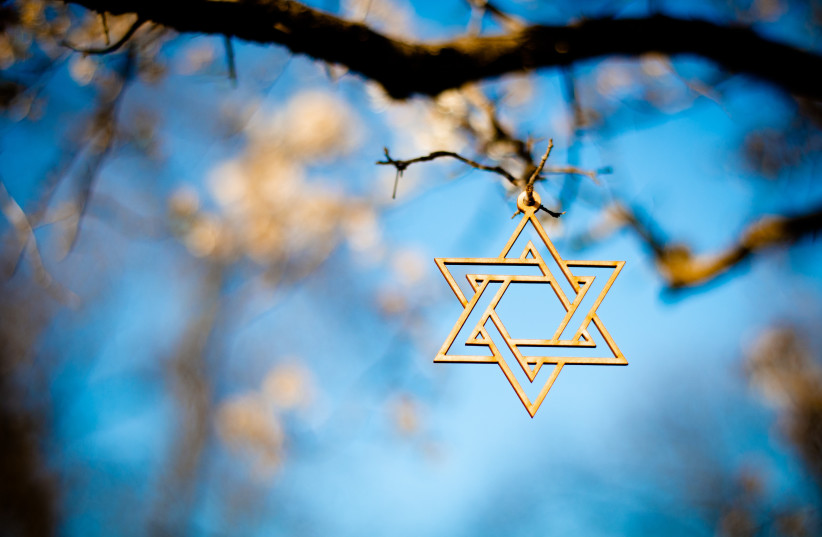We are now in the holy month of Elul, the sixth month in the Hebrew calendar. There is a rabbinic allusion that the month was named from the initial letters of Ani le’dodi ve’dodi li (I am my beloved’s and my beloved is mine), describing the relationship between God and His people.
What is special about the month of Elul, other than the fact that it is leading us towards the Days of Awe of Rosh Hashanah and Yom Kippur?
According to the Aggadah, its special significance lies in Moses’s 40-day stay on Mount Sinai (Exodus 34:28), which was calculated to have begun on 1st Elul and ended on 10th Tishrei (Yom Kippur).
Elul is a month of repentance.
After Israel committed the sin of the Golden Calf and the tablets of the Ten Commandments had been broken, Moses ascended Mount Sinai for the second time to bring back the Torah to his people, staying there until the Day of Atonement, the end of the period of repentance.
The prayers of repentance that we say during Elul are known as Slihot, or Penitential Prayers. They are a plea for forgiveness for our sins because we know that we are approaching a time when we will be judged. We are told that by repentance, giving charity and our prayers, we will be forgiven and written into the Book of Life for another year.

Prayer is also known as the service of the heart. Reb Nachman of Breslov expressed it beautifully: “Every word of your prayer is like a rose, which you pick from its bush. You continue until you have formed a bouquet of blessings, until you have pleated a wreath of glory for the Lord.”
“Every word of your prayer is like a rose, which you pick from its bush. You continue until you have formed a bouquet of blessings, until you have pleated a wreath of glory for the Lord.”
Rebbe Nachman of Breslov
When mystics pray, they believe there is an ascent of the soul, when it soars to the upper worlds. Prayers of thanksgiving and praise are deemed worthier than petitionary prayers when we are asking for things because they are selfless. Some people believe that the highest form of worship is silence. Prayers purify, refine and ennoble our hearts. The Bible tells us that Abraham was the first to utter a true prayer – for his fellow man. And in these times, especially when we in Israel anticipate the rise of terrorism, which has again reared its ugly head in recent days, we should pray for all Jews to have a good and safe year. We share a common destiny, Jews in Israel and abroad, and if it is good for one Jew, it is good for us all. It is this shared destiny that binds us together, no matter how different our ethnic and cultural boundaries may be.
A poem apt for the time
I memorized the following poem when I was a schoolgirl. It was written by a non-Jew, Stephen Grellet, but I think it is appropriate now and throughout the year, for although it is not a prayer, it seems apt at this time when we are resolving to be better people not just for ourselves but for all mankind.
“I shall pass through this world but once;
Any good therefore that I can do,
Or any kindness I can show
To any human being,
Let me do it now.
Let me not defer it or neglect it
For I shall not pass this way again.” ■
The writer is the author of 14 books. Her own favorite novel, Esther – a Jerusalem Love Story, has just been republished by Chaim Mazo.
